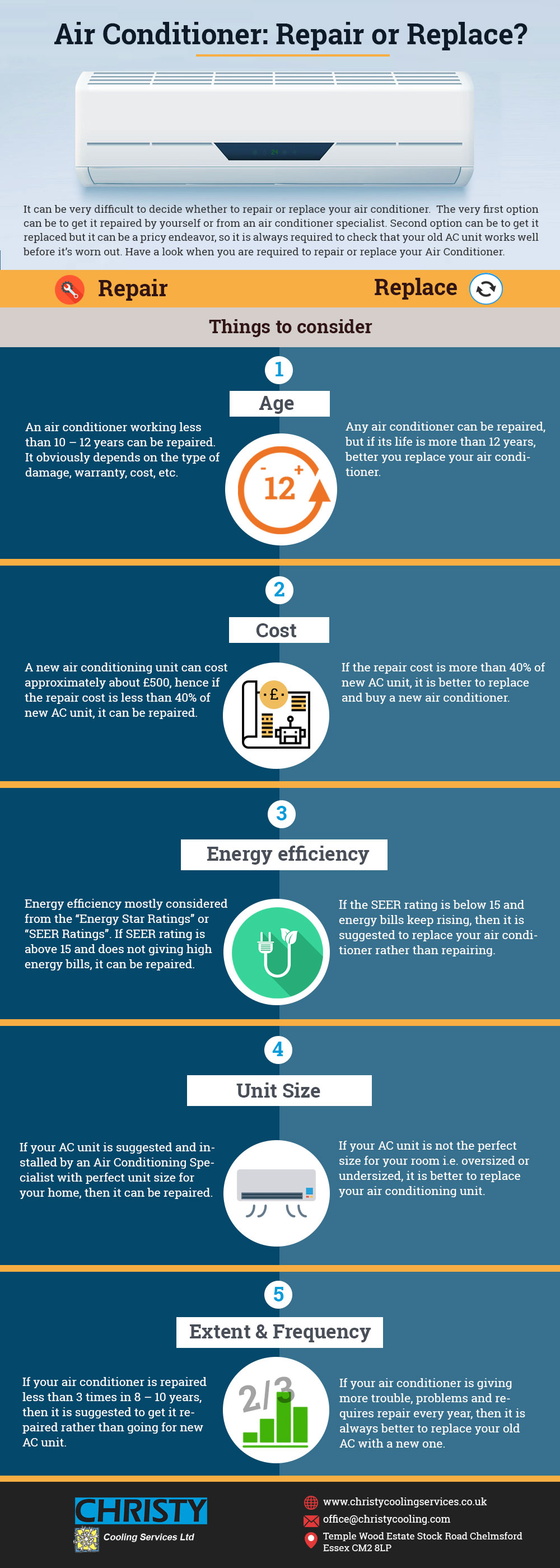Avoid Costly Fixes: How To Identify Very Early Indicators Of HVAC System Problems
Avoid Costly Fixes: How To Identify Very Early Indicators Of HVAC System Problems
Blog Article
Composed By- visit my web page might not understand it, however your HVAC system could be silently outlining against you. It's an intricate device, functioning faithfully to maintain you comfy year-round.
Yet sometimes, it begins to show indicators of problem. Indications that, if overlooked, could cause expensive repair work down the line.
So, how can you safeguard yourself from these possible calamities? Well, let's begin by paying attention closely ...
Unusual Sounds
If you hear any kind of unusual noises coming from your HVAC system, it is very important to resolve them promptly to stop prospective troubles. https://www.washingtonpost.com/travel/tips/hotel-ac-ventilation-covid/ could be an indication of underlying concerns that, if left neglected, might lead to more significant and pricey fixings down the line.
One common noise to pay attention for is a screeching noise, which may suggest an issue with the fan belt or motor.
An additional sound to look out for is a knocking or clanging noise, which can show loose or damaged components within the system.
In addition, a hissing or whistling audio could be a sign of a cooling agent leak.
Inconsistent Temperature level
To make sure the ideal performance of your HVAC system, it's necessary to address any issues that might cause pricey repairs, such as uncommon noises, as well as the problem of inconsistent temperature level. Inconsistent temperature can not only make your home uneasy yet likewise suggest underlying issues with your cooling and heating system.
Here are 3 signs to watch out for:
1. Hot and cold spots: If you observe considerable temperature variants in various locations of your home, it could be an indicator of a heating and cooling system that's having a hard time to distribute air equally.
2. Varying thermostat readings: If your thermostat continuously shows different temperature levels or fails to keep a regular temperature, it may signify a malfunctioning HVAC system.
3. Ineffective air conditioning or home heating: If your heating and cooling system takes longer to cool or warm your home than normal, maybe an indicator of an issue that requires interest.
Poor Air Top Quality
Are you experiencing symptoms like coughing, sneezing, or allergic reactions in your home? If so, your HVAC system may be responsible for the bad air high quality.
An improperly maintained or defective HVAC system can flow dirt, pollen, and other allergens throughout your home, leading to respiratory problems and pain.
One prospective root cause of bad air quality is a filthy air filter. Over time, the filter can become clogged with dirt, stopping it from effectively removing particles from the air.
https://thhcdev.github.io/elktonhvaccontractor/ is mold development within the system. Mold and mildew prospers in dark and moist settings, and if left uncontrolled, it can launch spores right into the air, causing allergies.
To boost your indoor air top quality, ensure to frequently clean or change your air filters and schedule routine upkeep for your heating and cooling system.
Final thought
So remember, watching out for very early indications of HVAC system problems can conserve you from expensive repair work down the line.
Did you recognize that according to a current study, 80% of heating and cooling system failings could have been avoided with regular maintenance and timely repair work?
By taking notice of unusual sounds, inconsistent temperature levels, and bad air high quality, you can ensure your heating and cooling system stays in leading form and prevent unnecessary expenditures.
Stay proactive and conserve yourself the headache!
